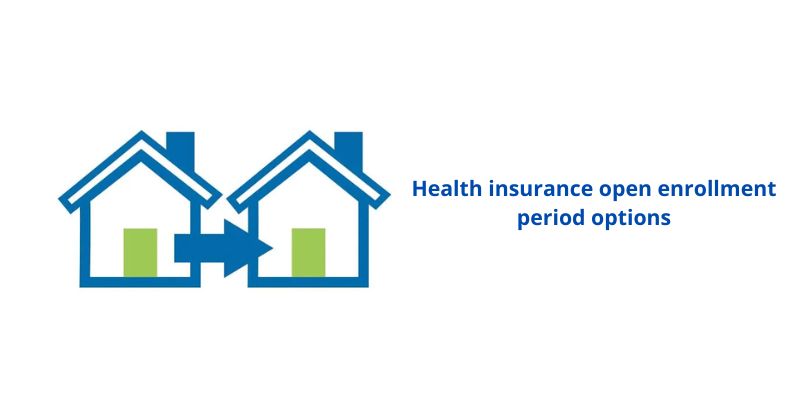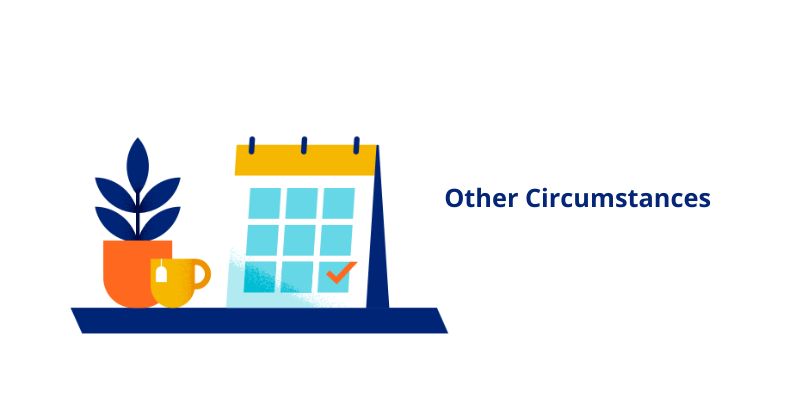Health insurance open enrollment period – Best introduce
Health insurance open enrollment period – Best introduce by topfoodss.com. You may apply for a health insurance plan on the federal health insurance Marketplace during open enrollment, which occurs once a year. From November 1 through January 15, it takes place. There may be several open enrollment periods for workplace plans.
It’s possible that you need a new health insurance open enrollment period plan outside of open enrollment if you lost your employer-provided coverage, moved, or through other significant life events. You have choices for interim coverage even if you just neglected to enroll. Everyone needs health insurance, so if you’re about to lose your coverage or are already without insurance, you should choose a plan as soon as you can. We’ll discuss your alternatives, as well as how to evaluate prices and keep costs under control.
Contents
Health insurance open enrollment period options
You may still enroll in health insurance open enrollment period plan even if you missed the open enrollment period to sign up for Marketplace coverage or your employer’s plan. Your unique circumstances will determine the alternatives you have.
You may sign up for coverage through the marketplace at any time of the year if you are an American Indian or an Alaska Native. Additionally, you can apply for coverage throughout the year if you are eligible for Medicaid or the Children’s Health Insurance Program (CHIP) or if your children are. Otherwise, in order to enroll in Marketplace coverage, you must be eligible for a special enrollment period.

Qualifying Life Events for Special Enrollment
Marriage: If you recently got married, you have until the final day of the current month to select a new plan, and coverage will begin on the first day of the next month. – health insurance open enrollment period
Childbirth, adoption, or placement in foster care: If you join within 60 days of the event, your plan can begin on the day of the occurrence.
Change in residence: You are eligible for a special enrollment period if you relocated to or from a new ZIP code, to the United States from another country, to or from where you go to school, where you live and work seasonally, or from a shelter or other temporary accommodation.
Loss of health insurance open enrollment period open enrollment period: It’s possible that you lost your Marketplace plan as a result of a divorce or the death of a plan participant. Alternatively, you could no longer qualify for Medicare, Medicaid, CHIP, or coverage via your employer or a family member. A special enrollment period lasting 60 days after you lose coverage (or, in certain states, 60 days before losing coverage) is available to you if you learn that you were refused Medicaid after the open enrollment period has ended. After you choose a plan, your coverage will begin on the first day of the next month.
Employer offer of HRA or QSEHRA: Within 60 days of the deal, you’ll need to phone in an application for a new plan. When to enroll will depend on your individual circumstances, so with your employer.
Other changes: You qualify for special enrollment if you become a citizen of the United States, were released from prison, or completed a certain service program.
Other Circumstances
You have 60 days from the conclusion of the event to enroll in a Marketplace plan if a FEMA-designated natural catastrophe, including COVID-19, rendered you disabled or affected your ability to enroll. Incapacitation might include being hospitalized during open enrollment or having a brief cognitive impairment. You can ask for your plan to begin when it would have if the tragedy hadn’t affected you.
Additionally, you are eligible for a special enrollment period if you were unable to enroll or get the assistance you were entitled to due to the wrongdoing, disinformation, misrepresentation, inactivity, or technical mistake of someone who was supposed to be helping you. There are a few additional peculiar situations that can qualify you for a unique enrollment time as well. – health insurance open enrollment period

Other Options After Open Enrollment
whether any of the aforementioned criteria do not apply to you for special enrollment in a Marketplace health insurance open enrollment period plan, check to see whether you are eligible for Medicaid or CHIP, which are programs for low-income families. Or, if you reached the age of 65 or had a certain disability, you could now have access to Medicare.
Your best alternative if you don’t qualify for these choices is to apply for temporary health insurance open enrollment period protection until open enrollment time or until you meet the requirements for special enrollment. When compared to Marketplace plans, short-term health insurance policies have many disadvantages, including the fact that their coverage may be quite restricted and that they are exempt from legislation requiring essential health care. They also don’t cover pre-existing illnesses. However, going without insurance is preferable to adopting a short-term health insurance plan.
Managing Healthcare Costs Without Insurance
You shouldn’t skip getting treatment for a medical condition if you don’t qualify for a special health insurance open enrollment periodd and you can’t afford a short-term medical plan. You can use several methods to get the medical care you require, including:
Association health plans: These are group health benefit programs that are available to members of particular professional organisations. Some could be honest, while others might be dishonest. You shouldn’t rely on this kind of assistance for your medical need.
Health discount cards: At selected pharmacies and medical offices, you may acquire a medical discount card that could help you save money. However, bear in mind that there won’t be a restriction on how much you spend if you experience a pricey emergency.
Cost-sharing programs: Medical cost-sharing schemes are frequently faith-based initiatives that entail monthly contributions to a fund that members can use for eligible medical expenses. However, these programs can still be expensive and leave participants with large medical costs.
Shopping around or negotiating medical bills: You may compare prices between institutions and providers using online services like FAIR Health, which can assist you in selecting the most economical treatment. Online resources may also be available from your state. You may also utilize a service like Goodbill, which handles this on your behalf in exchange for a cut of your savings, to request an itemized bill and negotiate the prices.

Community health clinics: Health centers that provide sliding-scale healthcare services are funded by the Health Resources and Services Administration (HRSA). You’ll pay less the less money you have. Locate a medical facility in your state.
Prescription drug discount programs: Companies like GoodRx provide free discount cards that may save you up to 80% at hundreds of pharmacies. Prescription costs can be reduced for Amazon Prime subscribers. – Health insurance open enrollment period
Seeking financial assistance from hospitals: To keep the advantages of their nonprofit status, hospitals are frequently forced to provide financial aid programs. Not all states have definite requirements for qualifying, although some may, for instance, demand the lowest negotiated rate from anybody making up to 250% of the federal poverty line.
Beware of several of these options. Prior to using these money-saving techniques, you should make every attempt to obtain health insurance coverage.
topfoodss.com hope that you will accumulate useful things through the article Health insurance open enrollment period – Best introduce.



